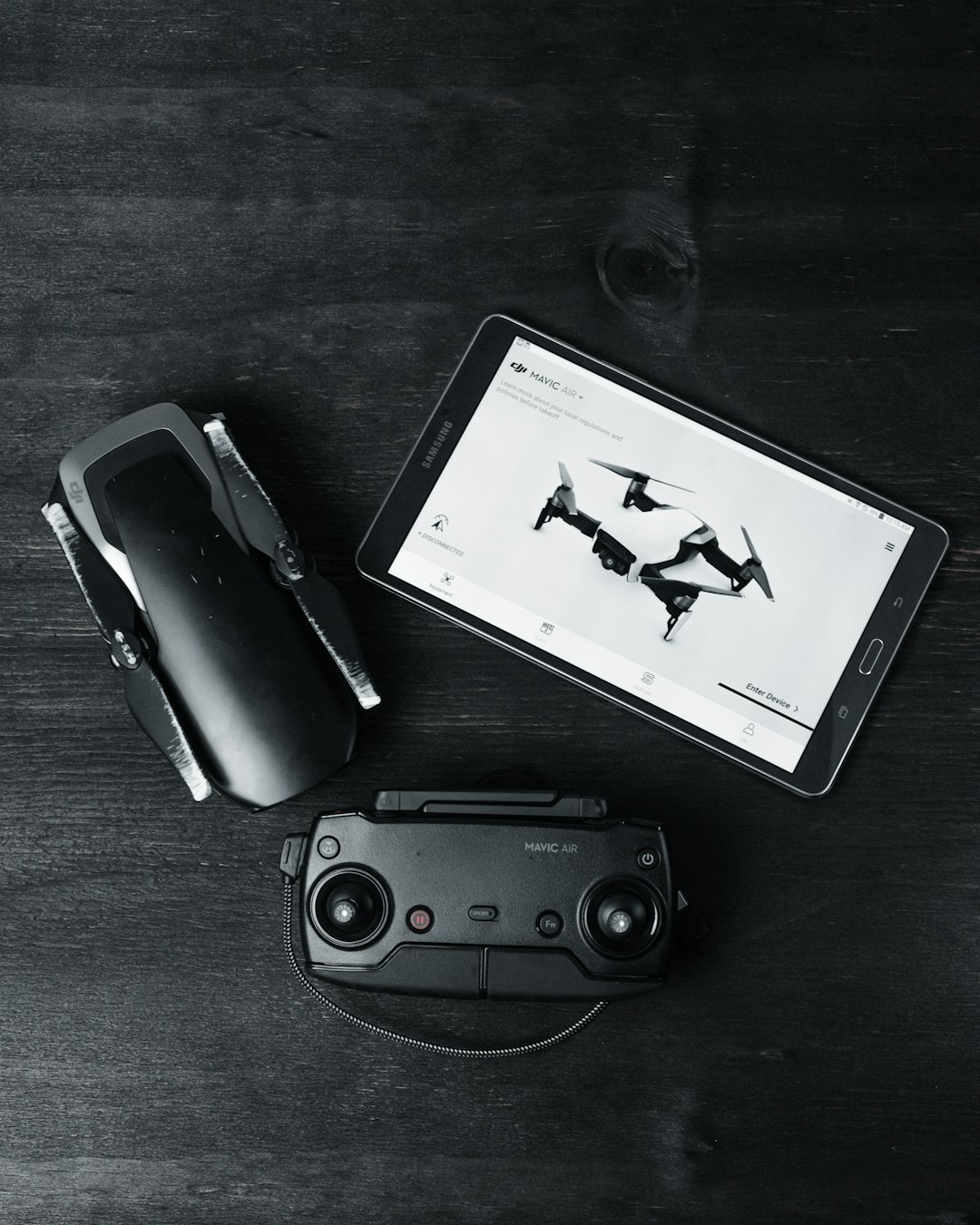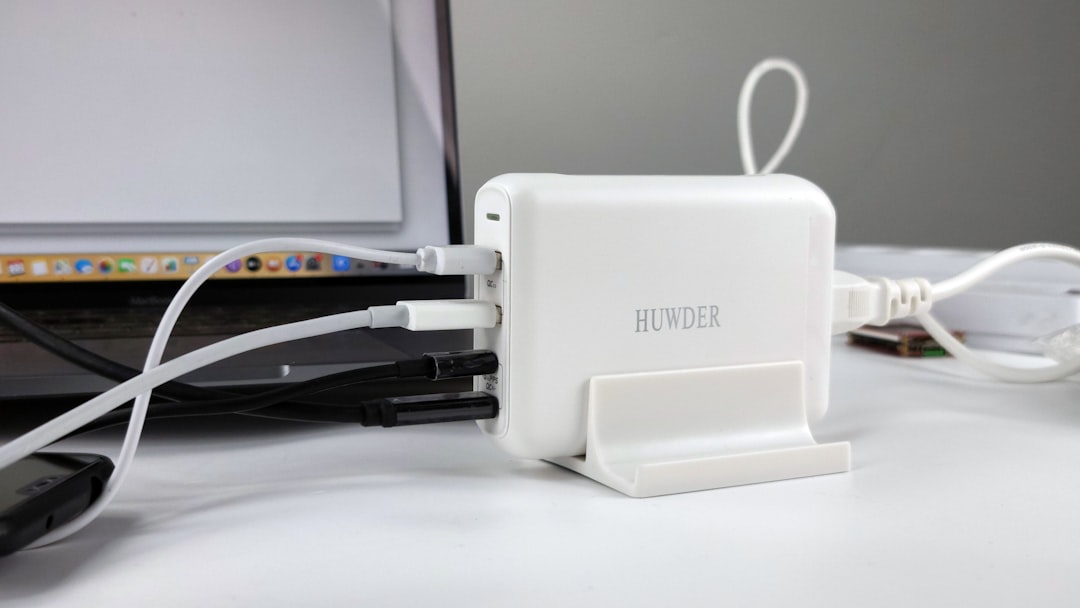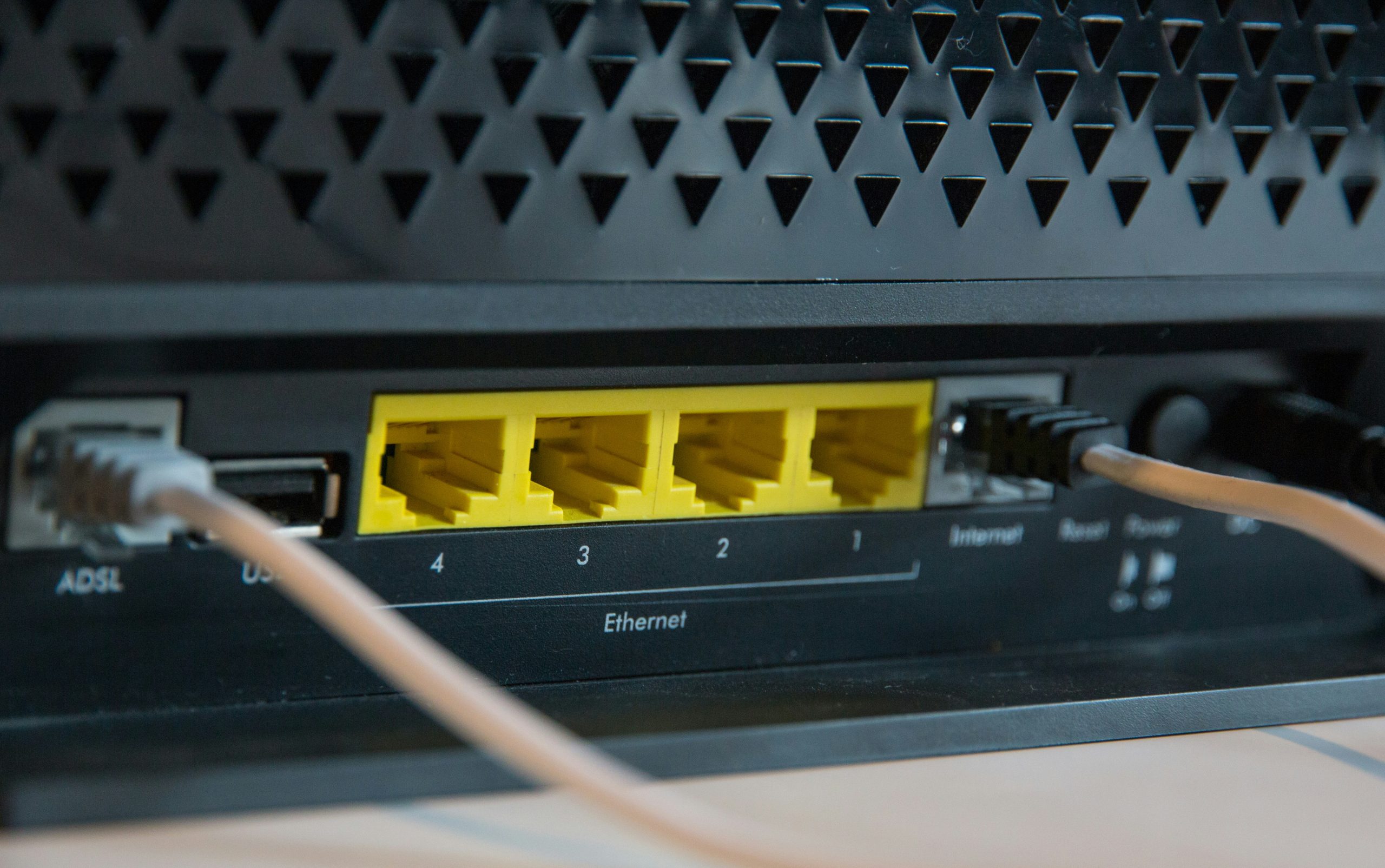In the age of high-speed internet and connected devices, having a reliable Wi-Fi connection is more important than ever. Whether you’re a gamer, a remote worker, or simply someone who streams a lot of content, the quality of your Wi-Fi adapter can make or break your experience. Choosing the right USB or PCIe Wi-Fi adapter can drastically improve performance and ensure stable connectivity even in crowded networks.
TL;DR
If you’re in a rush, here’s the quick takeaway: *USB Wi-Fi adapters* are portable, easy to install, and suitable for casual use and laptops. *PCIe Wi-Fi adapters* offer better performance, enhanced stability, and are ideal for gaming and professional workstations. Brands like TP-Link, ASUS, and Netgear dominate the market for both formats. If you’re looking for plug-and-play convenience, go USB. For high speed and low latency, choose PCIe.
Understanding USB vs PCIe Wi-Fi Adapters
Before diving into specific models, it’s important to know the key differences between USB and PCIe Wi-Fi adapters:
- USB Adapters: Plug into your USB port. They’re easy to install and often require no tools or setup beyond basic drivers.
- PCIe Adapters: Installed internally on the motherboard. These require you to open your case but offer superior performance and features.
Let’s break down the best options available in both categories so you can choose the one that fits your needs.
Best USB Wi-Fi Adapters
1. TP-Link Archer T4U V3
The TP-Link Archer T4U V3 is a solid all-rounder, offering dual-band Wi-Fi with speeds up to 1200 Mbps. It’s compact and includes a foldable antenna that provides decent range.
- Speed: Up to 867 Mbps on 5GHz & 400 Mbps on 2.4GHz
- USB Version: USB 3.0 for faster data transfers
- Compatibility: Windows and macOS
2. Netgear Nighthawk A7000
For those looking for higher performance, the Netgear Nighthawk A7000 offers exceptional speeds and range. It’s ideal for gamers or anyone streaming high-quality media.
- Speed: Up to 1900 Mbps
- Features: Magnetic cradle for desk placement, USB 3.0 support, detachable antenna
- Drawback: Larger than other options, not ideal for portable use

3. ASUS USB-AC68
The ASUS USB-AC68 is another high-performance adapter. It features dual external antennas that fold for travel and a cradle for better signal placement.
- Speed: Up to 1300 Mbps on 5GHz
- Design: Unique flip-up antenna for extended range
- Best For: High-density networks and 4K streaming
4. BrosTrend 1200Mbps USB WiFi Adapter
An affordable option that still delivers impressive speeds and stability. Great for budget-conscious users who want good quality.
- Speed: Up to 867 Mbps on 5GHz
- Features: Dual-band, USB 3.0, high-gain antenna
- Bonus: Includes a USB cradle for better placement
Best PCIe Wi-Fi Adapters
1. TP-Link Archer TX3000E
This adapter is often regarded as one of the best PCIe Wi-Fi adapters on the market. Designed for ultra-low latency and high speeds, it’s perfect for gamers and power users.
- WiFi Standard: Wi-Fi 6 (802.11ax)
- Speed: Up to 2402 Mbps on 5GHz
- Extras: Bluetooth 5.0 support, magnetic antenna base

2. ASUS PCE-AX3000
Similar to the TP-Link TX3000E, this ASUS model brings Wi-Fi 6 support to your PC without breaking the bank. Installation is straightforward, and it performs exceptionally well under load.
- WiFi Standard: Wi-Fi 6 (802.11ax)
- Speed: Combined 3000 Mbps performance
- Features: Low-latency and long-range with OFDMA and MU-MIMO technologies
3. Gigabyte GC-WBAX200
Coming from a brand known for quality hardware, this model supports both Wi-Fi 6 and Bluetooth 5.0. A fantastic dual-purpose upgrade for workstations.
- Speed: Up to 2400 Mbps
- Added Value: Integrated Bluetooth with included antenna
- System Compatibility: Works best on Windows 10 and newer
4. Rosewill RNX-AC1900PCE
If Wi-Fi 6 is out of your budget, the Rosewill RNX-AC1900PCE still delivers reliable high-speed Wi-Fi through the AC standard, making it a viable choice for gamers and streamers.
- Speed: Up to 1300 Mbps on 5GHz
- Antenna Design: Three detachable high-gain antennas
- Note: Slightly older chipset, but very stable
Things to Consider Before Buying a Wi-Fi Adapter
Choosing the right Wi-Fi adapter isn’t just about speed; here are some other critical factors to consider:
- Compatibility: Make sure the adapter supports your OS and router’s Wi-Fi standard.
- Dual-Band vs Single Band: Dual-band supports both 2.4GHz and 5GHz for flexibility and speed.
- Antenna Design: External antennas typically offer better range and stronger signal reception.
- Form Factor: If mobility is key, USB is best. If performance rules, go for PCIe.
USB or PCIe: Which One Should You Choose?
Still not sure whether to go with USB or PCIe? Here’s a quick comparison to finalize your decision:
| Feature | USB Wi-Fi Adapter | PCIe Wi-Fi Adapter |
|---|---|---|
| Installation | Plug-and-play | Requires opening case |
| Performance | Moderate, depends on USB version | High, better for gaming/streaming |
| Portability | Highly portable | Stationary only |
| Antenna Options | Usually internal or small external | Large external, customizable |
| Cost | Generally cheaper | Costs more but offers more |
Conclusion
Whether you opt for a *USB* or *PCIe* Wi-Fi adapter depends largely on your specific needs. USB adapters are excellent for casual users and frequent travelers, offering convenience and decent performance. On the other hand, PCIe adapters are built for those who prioritize speed, reliability, and seamless high-performance connectivity, especially in gaming or media-heavy environments.
No matter your choice, sticking with trusted brands like TP-Link, ASUS, Netgear, and Gigabyte ensures better build quality
